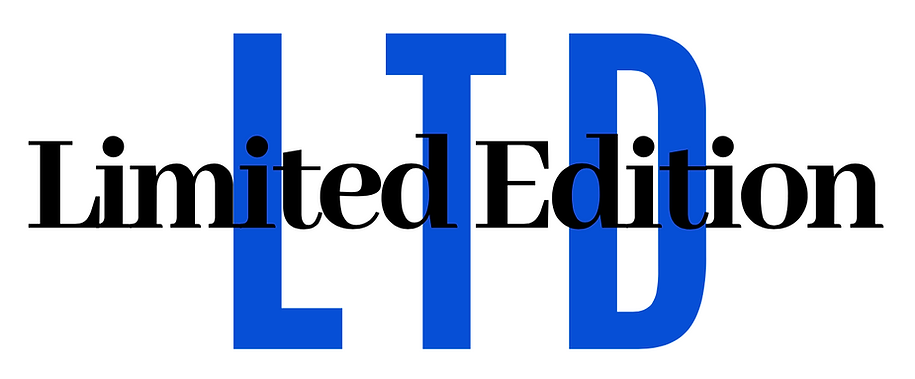Is It Good To Be Informed?
- John Wood
- Feb 11, 2020
- 3 min read
A little warning: the following deals with philosophical questions on the ethics of being informed by the news. Some may find them discomforting.
During the second week of the Winter break, I was happy to visit some of my family in a small city in Alberta. It’s not such a small place that unlimited wifi is inaccessible, like it is at my Aunt’s house in the country. In fact, wifi is provided around the city by a tower! As usual, I had a great time there. I spent time with my Grandma, went bowling, to the theatre, and even axe throwing! I had some downtime too, playing Kerbal Space Program, scrolling through the unending For You page of TikTok, and catching up on some much-needed sleep by staying in bed until 2 PM a couple of times. Importantly though, I rarely watched YouTube. For me, an addict, this was quite amazing. I love watching YouTube to learn, be entertained, and stay informed by subscribing to news channels like the CBC. I also watch news that catches my interest on the Trending tab which is usually from the USA. To be honest, the main reason I didn’t watch much YouTube was probably that I was too lazy to hold my phone up (having removed my Popsocket which could do it for me), but that wasn’t an issue at all. Instead, I spent my time doing other things.
A few days ago, a friend mentioned the ‘World War III’ news to me and they said Trump’s name. I was confused. I had seen a few memes concerning some Third World War on TikTok, but had no idea they were in response to a large news event. It’s only when I actively googled that I became aware of the existence of the assassination of Qasem Soleimani. I later watched a YouTube video by the CBC to learn more, and it’s then that I realized that, in my absence from YouTube, not only did I not see the posts of my favourite creators, I was unaware of world events. Admittedly, I still learnt about the event on the same day it happened, but still, not before it had spread to memes on social media.
An issue arises here. During my time in Alberta, I had a lot of fun. It’s clear that my lack of awareness of world events did not make me feel like I was missing anything. After all, I was concentrated on my family and our activities. However, the details of the airstrike made me a little nervous that I hadn’t heard about the whole thing swiftly. We are taught that it is good to be informed, but I experienced the bliss of having some ignorance. Unlike some, I had no fear for my future, only embarrassment at my shockingly low score in bowling. On one hand, it’s important to be informed for safety. The news might warn you of a natural disaster. There may also be an ethical obligation to stay informed. On the other hand, it may be important for us to rest our minds from the turbulent sea of scandal and sadness that the news displays. Could it be then that we construct an appreciation of the good in humanity? An appreciation for family?
As of writing this, I haven’t given these questions enough thought to come up with an opinion, but I do have this one: it’s good for me to be somewhat aware of these questions. I shouldn’t be too caught up in the news stream, constantly watching videos that take me away from getting anything else done. I also shouldn’t exist in a bubble of ignorance, absent from what is happening elsewhere. There might just be a balance between the two.
